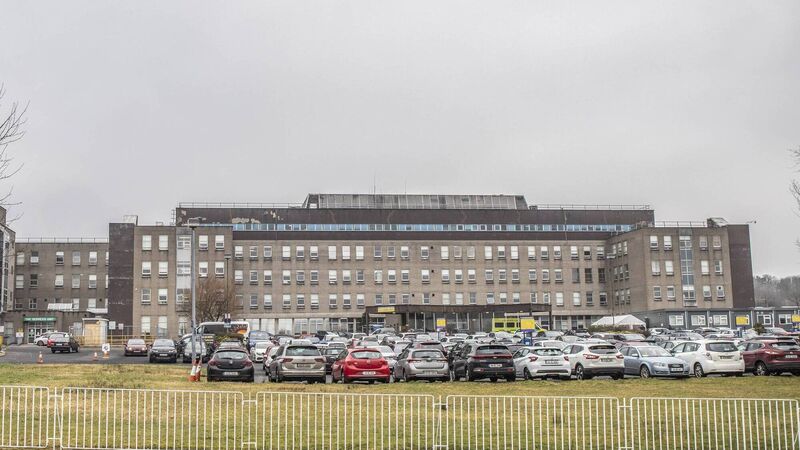Hiqa launches second review of Letterkenny gynaecology services

This second review will focus on governance support given to the hospital by the Saolta hospital group and the HSE, as well as internal governance. Picture: North West Newspix
The Health Information and Quality Authority (Hiqa) is to begin a second review of gynaecology services at Letterkenny University Hospital today, as a follow-up to a probe into cases of delayed cancer diagnosis.
Concerns about services at the hospital were first raised 2018 and an external review into the totality of post-menopausal bleeding services within the gynaecology services at Letterkenny University Hospital was commissioned by the HSE in 2019.










